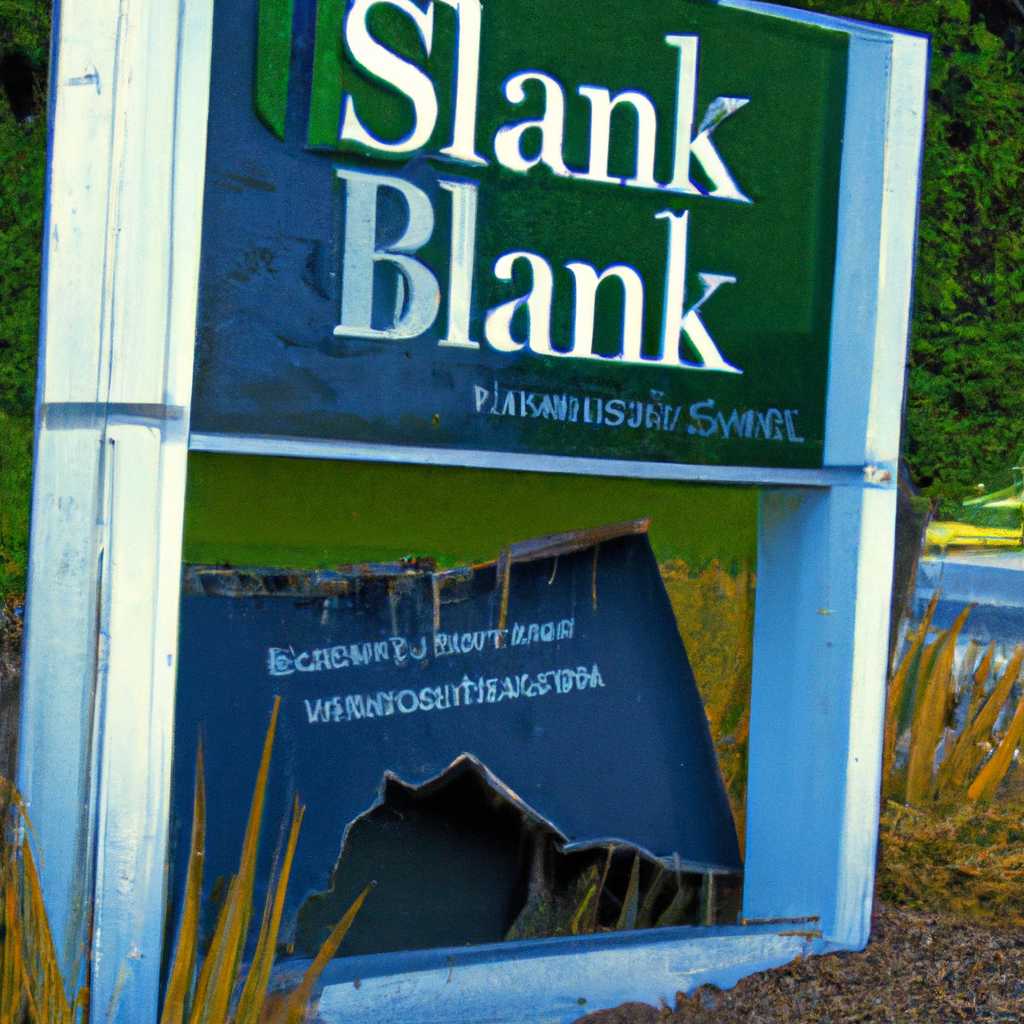The banking industry is facing a fragile moment as the Federal Reserve continues to increase interest rates. Silicon Valley Bank (SVB) recently collapsed due to the sudden shock of these rates and analysts have noted that the situation could have been avoided if the Fed had begun increasing them earlier. Inflation is still high, at 6 percent, and the Fed must maintain control to prevent a recession or a banking crisis. I
Regulators are stepping up oversight of the banking sector, but fiscal policymakers can also help by repealing tariffs and fixing bottlenecks in the immigration system. Wall Street has revised its forecasts for Fed's March meeting, expecting no increase in borrowing costs due to the banking system stress. I
The collapse of SVB serves as a reminder of the consequences of the disregard of sound money principles. The Fed's ability to manipulate interest rates and economic policy can lead to economic bubbles and crashes, and it is critical that we embrace sound money principles and limit deficits. I
Inflation eased in February, however, prices are still up 6 percent year-over-year and the Fed has been in an aggressive fight to tame it. Business owners are bracing for another round of cutbacks as the Fed decides on interest rates at its next meeting on March 22. They will have to weigh the costs and benefits of rate hikes against the looming problem of inflation and the possibility of a quarter-percent hike or none at all.

